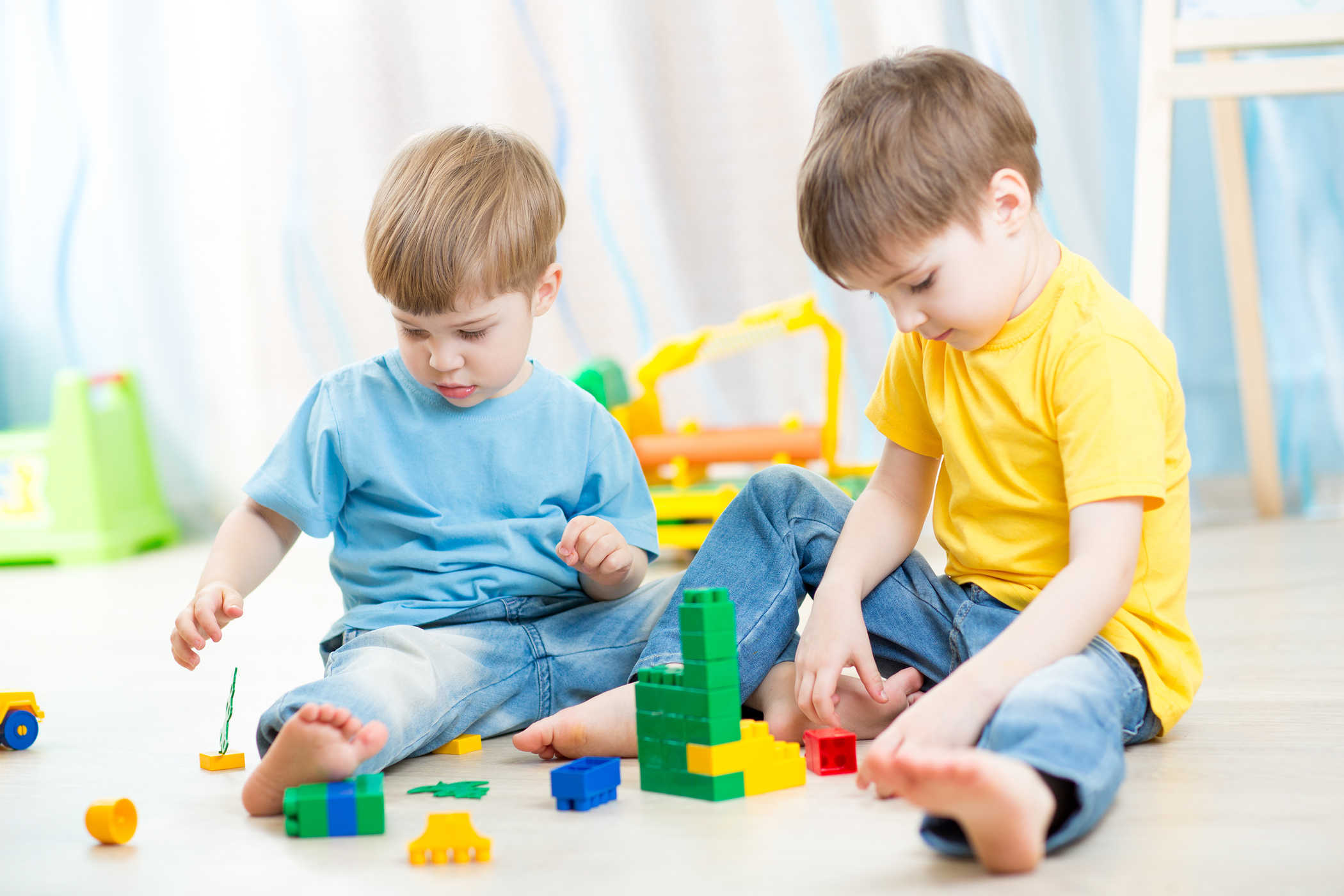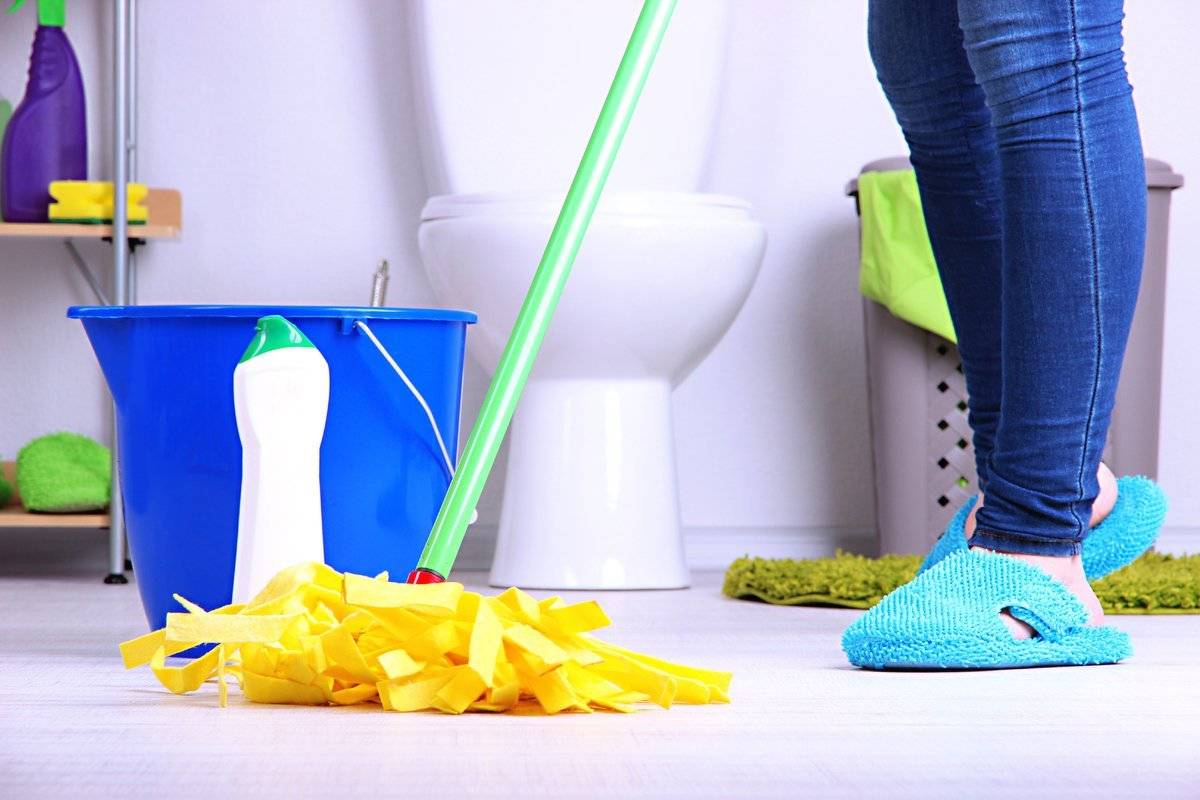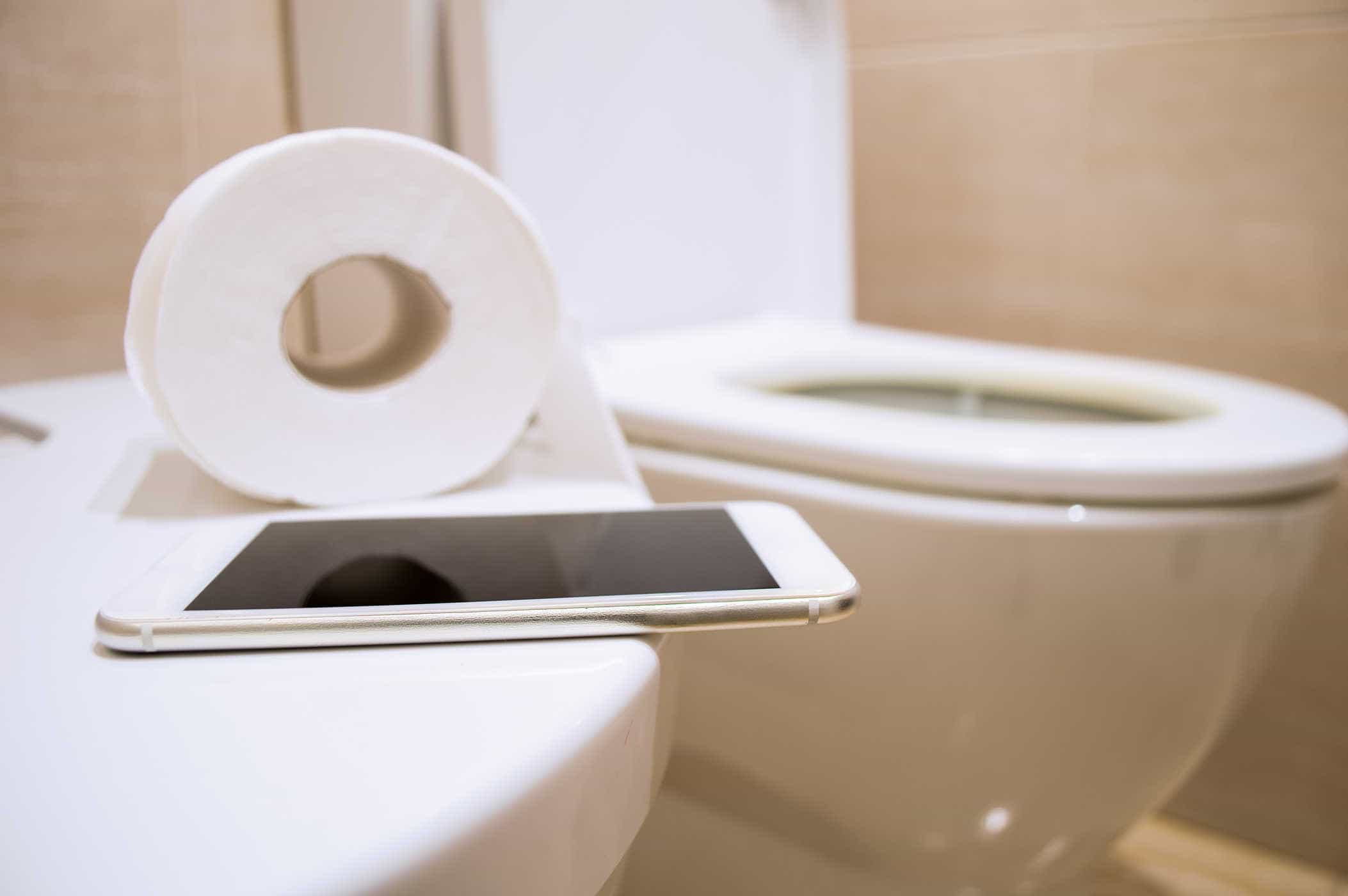Contents:
Medical Video: 9 Things You Should Never Forbid Children from Doing
Children are experts at making chaos. Unfortunately, they are not very good at clearing up the mess.
As a parent, "itching" feels like the condition of a child's room is so messy that you can't walk past without having to step on a Lego or a car, a dirty laundry and clean clothes, to trash scattered throughout the room. Amazingly, your little one can not feel disturbed at all with the condition of the room like this broken ship.
There is only one reason why it is difficult to persuade the little one to clean up the room after he plays: he just doesn't want to. Children live from one moment to another; as soon as they get bored with one thing, they will quickly do something else. Why should I take care of my own room, when there is something else more interesting to do - especially if someone else (you) will do it for me?
Sometimes, refusing to tidy up a room is a big part of trying to break down power - a condition where your child is not only motivated to avoid the cleanup action itself, but is also motivated to refuse and fight you as a more powerful party. The more you try to control your little one and encourage them to obey what you say, the more they act to reject you. Not surprisingly, the topic of tidying up rooms often makes you feel frustrated and tired.
Here are 9 tips you can do to help your children learn responsibility for the mess they make:
1. Start by making new rules
Explain to your child that you have made a number of new rules about cleaning your own room, and you want everyone at home to know about this so that everyone understands what they have to do and expect.
For example, "after you finish playing, you want to take care of all your toys after you finish playing before you watch TV. If you forget, you remind me once more. But if you keep forgetting, your toy will put the warehouse for one month. "Decide how hard the" punishment "you want, for example, you can't go out on weekends - some parents decide to throw toys that are scattered - but make sure You follow your own rules. If only you give a blank warning when angry, your child will belittle you.
2. Give an example
Children who are too young can be confused by the command sentence, such as, "Clean your room now." This is a concept that he must learn first before really understanding what the sentence means. Parenting recommend parents to show their toddlers what you mean by tidying up toys, for example "Deck, now is the time to return your doll to its place. Help your mom? "Or" Deck, look at mama, messy dolls, put them back on the bed. Now, I need your help. "
3. Share large jobs in small tasks
If your child's room is already messed up like a broken ship, and children's motor skills are still not adequately trained to lift or pick up items, it is helpful to try to map and divide the room into four smaller areas and ask your child to work on one part of the room at one time. Or, ask him to clean up one type of item first - take care of the doll first, the trash afterwards, and the last cars.
Breaking down large tasks into several simple tasks is very helpful for children. Let the child try to clean the room this way for five minutes, then give it a short break before starting again.
4. Choose toys that are played that day
Before playing time, it's a good idea to select what they will play for the whole day, so there won't be too many "printilanes" that will have to be cleared. Children are better able to take advantage of what is and really play it, rather than being preoccupied with a variety of choices whose edges are not played and only thrown here and there.
5. Create a child-friendly playing environment
Put toys and all equipment playing on a small shelf as high as a child's body. This method will give them the freedom to play and the ease with which they can return their toys to their original place. Labeling each toy box can also help children to be able to distinguish which toys should be put in a certain place, rather than spilling all their toys in one big basket.
In addition, if your child routinely hears you complaining when you clean the house, such as washing dishes or sweeping the floor, naturally they will associate cleaning activities as an unpleasant activity and should be avoided altogether.
6. Make the game
In order for activities to tidy up the room to be a fun activity for children, why not make it a game? For example, challenge your little one to collect as much as possible and put it in a box until one song is finished. Or, you can give instructions for your child to collect 3 items for the first round, 5 items for the second round, and so on, in 10 seconds.
7. Determine that new toys should not be removed until the finished toy is put back into place
Remind your child, if he forgets, and don't give up too soon so you clean the room yourself. Do this, then you will teach your child if he is whining or delaying too long, he will not have to be responsible for the action. When your child shows signs he won't want to give up the doll, or this method takes too much time, give him a chance. By making him understand that he is being heard and understood by his parents, his whining will finish sooner - and help him to accept that all work must be done to the end.
8. Give a helping hand
Especially children who are still too small, they may need a little help from you to be able to start cleaning up the room. It's okay to spend 15-30 minutes with your little one (depending on your age) cleaning up toys and trash, where you show him the steps needed to complete the task.
For example, teach the child to separate which laundry is dirty and clean by checking every clothes that are scattered on the floor, then put it in the laundry box or fold and put it back into the wardrobe. It is important for the child to know what your expectations are for him. Often we as parents think that children know how to do things, but actually they know nothing until you teach them until they really understand. This 'help facility' allows you to be their role model, as well as a way to convey your wishes without causing you to end up taking care of the child's room for him.
9. However, don't help if the child is big enough
If the child is big enough to do everything himself, don't volunteer to clean his room. If you do this, you show him that you do not believe in yourself to complete the task yourself and if he delays or refuses, there will be others who intervene in the matter. In fact, this can teach your child not to obey you, as his parents. Cleaning a child's room with your own hands sounds like the easiest solution, but the long-term effects will have an impact on the lack of motivation in children to regulate themselves when they grow up.
The rule of thumb is that once a child has reached the age of elementary school, he must be able to do some tasks related to cleaning up his own room. You only need to ask them to be responsible.
READ ALSO:
- So that children are not addicted to eating sugar. Take a look at the tips here
- When should I suspect the child is trying drugs?
- Healthy eating tips for preschoolers












